Fix: Administrator Account Disabled, Windows 10 Cannot Login
Here's how to enable an administrator account in Windows 10 without admin rights / logging in
7 min. read
Updated on
Read our disclosure page to find out how can you help Windows Report sustain the editorial team. Read more
Key notes
- For pretty much every change you wish to make to your PC, you are asked to run the respective program as administrator.
- If the administrator account is disabled in Windows 10, you cannot log in.
- We'll show how to enable an administrator account in Windows 10 without logging in.
- First, try to enable the admin account in Safe Mode, then head over to the CMD and Powershell command tools.

Our Windows accounts can break for some reason or another, but one of the most inconvenient problems is the administrator account disabled on Windows 10.
Although this can be a big problem, there are a few ways to fix it. The anomaly, however, can take more than one shape. For instance, there are users who are unable to log in with a Microsoft account in Windows 10.
Others can’t log in as administrators in Windows 10 and finally, there are those who simply can’t log into Windows 10 at all.
Let’s quickly review the most common issues reported by members of the Windows community worldwide:
- Accidentally disabled administrator account Windows 10
- Administrator account disabled access denied, locked out – You can’t login as administrator in Windows 10.
- Lenovo, Asus, HP laptop administrator account disabled
- Local admin account disabled Windows 10
- Administrator account disabled after reset, Sysprep
- Administrator account disabled after Windows 10 upgrade
- Account disabled by server administrator website – Administrator account disabled Windows Server 2012, 2016
- Administrator account disabled Windows 11, Windows 7
Why is the built-in administrator account disabled?
According to the users, when they try to log in to Windows 10, they see their Administrator account, but when they click it, there’s no input field to enter a password.
Instead, they get a message saying that Your account has been disabled. Please see your system administrator. This can happen because of faulty updates, corruption, or even accidental manipulations.
Now, there are several ways in which you can make yourself an administrator in Windows 10, including:
- Command Prompt
- Regedit (for Windows 10 Home versions)
- PowerShell
- Group Policy Editor
- Safe Mode
We will show you exactly how to enable an administrator account in Windows 10 without admin rights or logging in.
How do I fix disabled administrator account in Windows 10?
1. Enable administrator account in Windows 10 Safe Mode
- On the login screen, click the Power button. Press and hold the Shift key and choose Restart from the menu.
- If you can’t get to the login screen, restart your PC a few times during the boot sequence until you start the Automatic Repair process.
- Now, select Troubleshoot > Advanced options > Startup Settings.
- Click the Restart button. Once your computer restarts, you’ll be presented with a list of options.
- Press the appropriate key to select the desired version of Safe Mode. In our opinion, it’s best to use Enable Safe Mode with Networking.
If youradministrator account is disabled, you might be able to fix it by going to Safe Mode.
Safe Mode is a special section of Windows that runs with default settings, and even if your administrator account is disabled, you should be able to access Safe Mode.
If Safe Mode won’t work at first, don’t worry, we got a few tips you can try. After that, you should be able to open the Windows 10 Safe mode administrator.
2. Use lusrmgr.msc to fix the problem
In order to do this, you will need to access Windows 10 as another user or through Safe Mode. If you cannot access Windows 10 in any way, skip this solution.
- Press Windows Key + R, type lusrmgr.msc and press Enter to run it.
- Lusrmgr should open. Click on Users and double-click on the problematic account.
- When Properties windows open, make sure that Account is a disabled option isn’t checked.
- Click Apply and OK to save the changes and restart your computer.
After doing that, you should be able to access your administrator account again.
3. Use Command Prompt to enable the Administrator account
- On the login screen press and hold the Shift key and then click on Restart. This should boot you to advanced boot.
- From there you need to click Troubleshoot > Advanced options > Command Prompt.
- When Command Prompt opens, type the following line and press Enter to run it:
- Restart your computer and see if the issue is resolved.
If this doesn’t work, you can try the following:
Follow steps 1 and 2 to open the Command Prompt. After Command Prompt has started you need to do the following:
- In the Command Prompt type regedit and press Enter. This should start Registry Editor.
- When Registry Editor starts, click on the HKEY_LOCAL_MACHINE key in the left pane.
- Now click the File from the menu bar and click on Load Hive.
- Open the drive where Windows 10 is installed (by default it should be C, but it might be different) and go to the following path:
C:Windows\System32\config - Select the SAM file and click on Open.
- In the Load Hive dialog type REM_SAM and click OK.
- In the left pane of Registry Editor, go to the following key:
HKEY_LOCAL_MACHINE\SAM\SAMDomains\Accounts\Users\00001F4 - In the right pane of the 000001F4 key, double-click on the F binary value.
- In line 0038, change 11 to 10 and click OK.
- Close Registry Editor and Command Prompt.
- Click Continue to start Windows 10 again.
After making these changes, your administrator account should become enabled once again.
4. Use Group Policy Editor
- Press Windows Key + R and enter gpedit.msc. Press Enter or click OK.
- When Group Policy Editor opens, navigate to: Computer Configuration > Windows Settings > Security Settings > Local Policies > Security Options.
- In the right pane, double click Accounts: Administrator account status.
- When the Properties window opens, select Enabled and click Apply and OK.
If you have a disabled administrator account on your PC, you might be able to fix the problem by making a few changes in Group Policy Editor.
We have to mention that this tool isn’t available in Home versions of Windows by default, but there’s a way to enable it.
Make sure to check our tips on how to enable Group Policy Editor in the Home version of Windows 10.
After doing that, the hidden administrator account will be enabled and you’ll be able to access it without any problems.
5. Enable hidden administrator account from PowerShell
- Start PowerShell as administrator. To do that, simply press Windows Key + X shortcut and choose PowerShell (Admin) from the menu.
- If PowerShell isn’t available, you can start it by pressing Windows Key + S and entering powershell in the Search field.
- Right-click Windows PowerShell from the list and choose Run as administrator.
- When PowerShell starts, enter:
Enable-LocalUser -Name "Administrator" - After doing that, the administrator account should become available and you’ll be able to access it
- If you need to disable the administrator account, you can do it using the following command:
Disable-LocalUser -Name "Administrator"
Another way to enable a disabled administrator account is to use PowerShell.
If you’re not familiar, PowerShell is a command-line tool similar to Command Prompt, but unlike Command Prompt, it comes with some advanced features.
Keep in mind that this command might not work if you’re using a non-English version of Windows.
6. Create a new user account
- Press Windows Key + I to open the Settings app.
- Now navigate to the Accounts section.
- Select Family & other people from the menu on the left. In the right pane, click Add someone else to this PC.
- Click I don’t have this person’s sign-in information.
- Now choose to Add a user without a Microsoft account.
- Enter the desired name and click Next.
Now you just need to convert the new account to the administrator account. To do that, follow these steps:
- Go to Settings > Accounts.
- Go to Family & other people in the left pane. In the right pane, select the new account and click Change account type.
- Now change the Account type to Administrator and click on OK.
If your administrator account is disabled, you might be able to fix the problem by creating a new user account. Now, if Windows does not allow you to add a new user account, make sure you check our solutions.
After doing that, you should be able to log in to the new account without any problems.
That’s all, you now know how to fix the administrator account disabled issue on Windows 10.
If you have any comments or questions, just reach out to the comments below.

















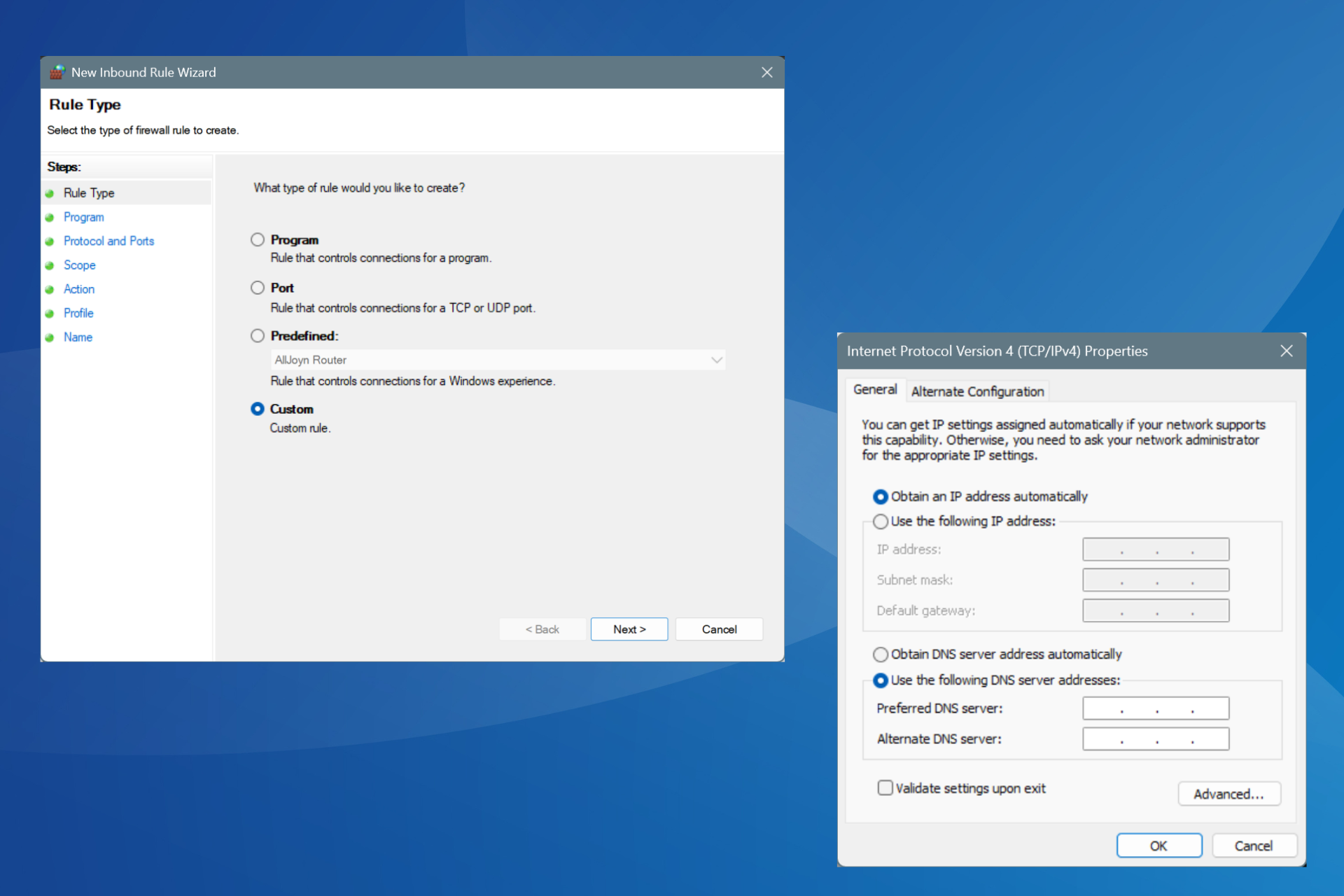
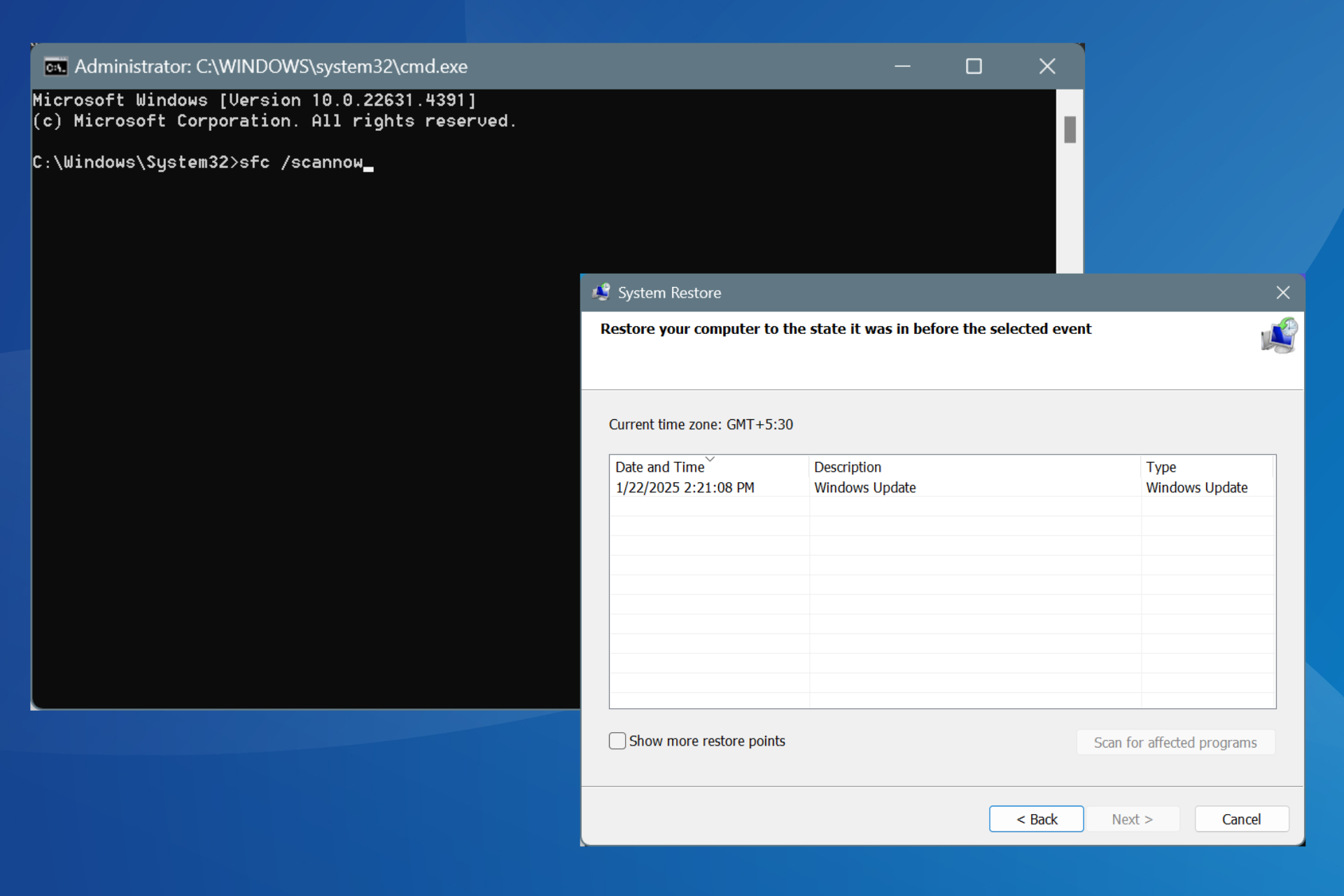

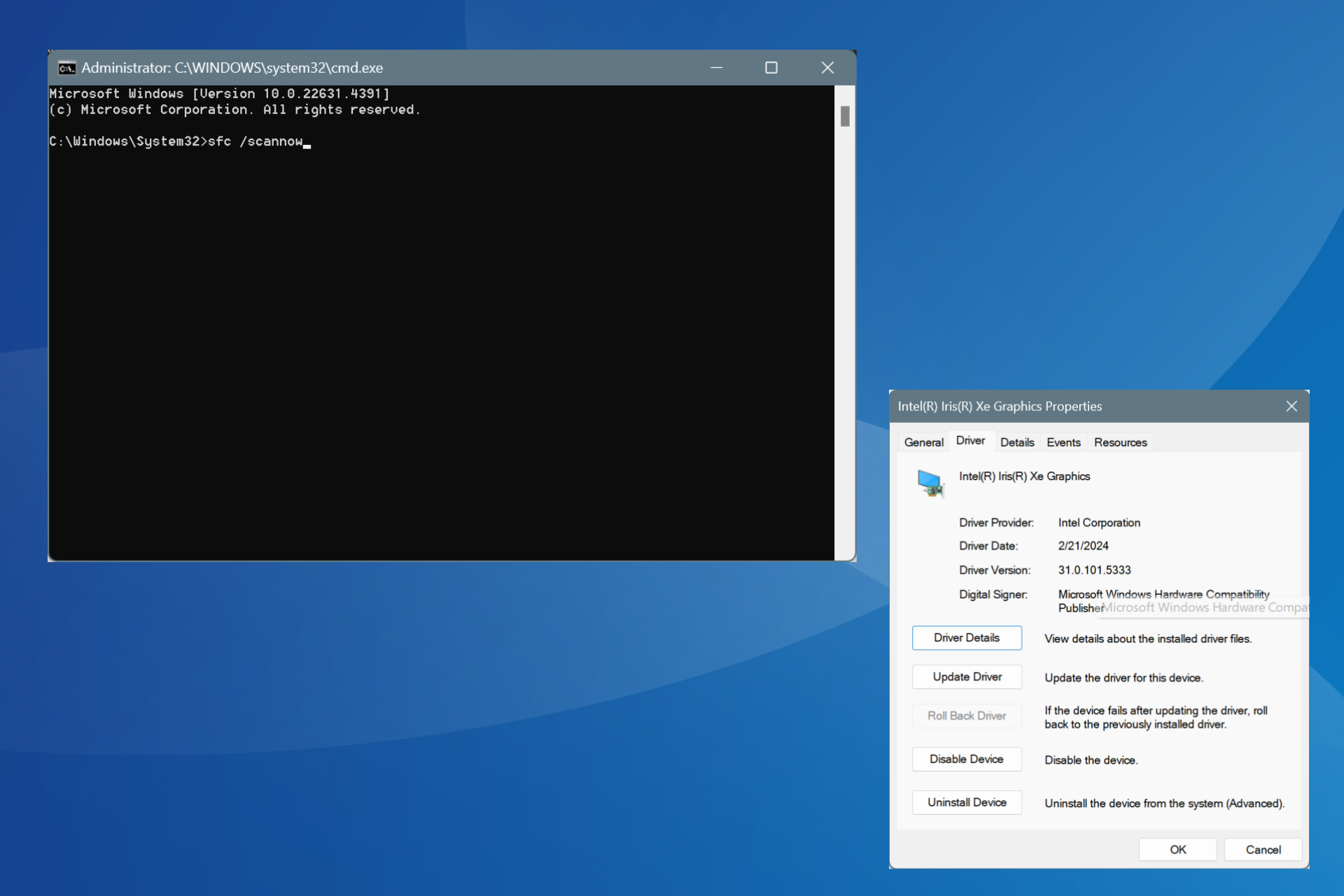
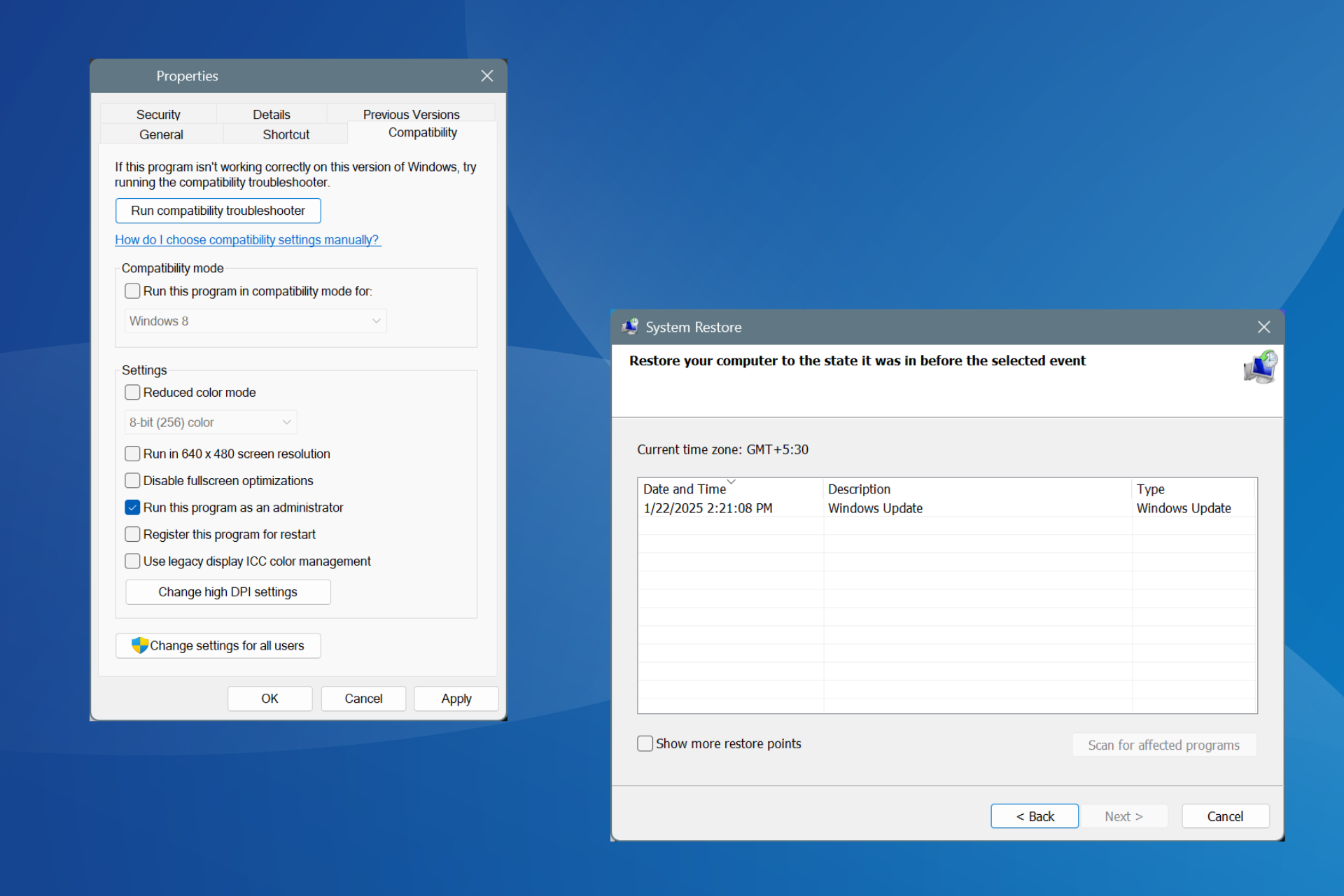
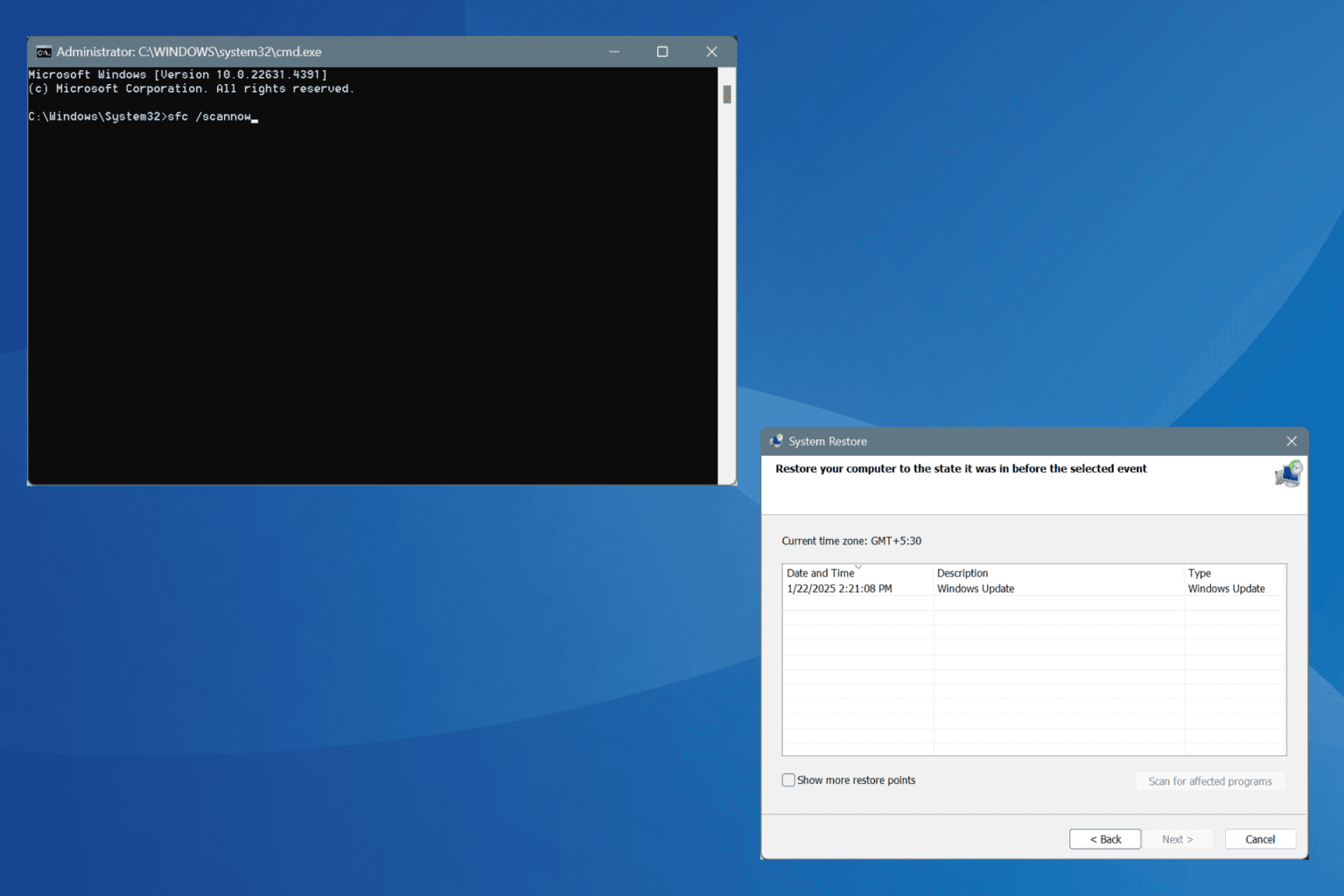


User forum
11 messages